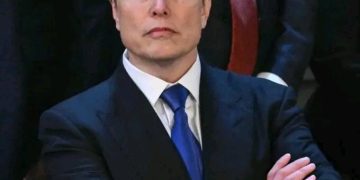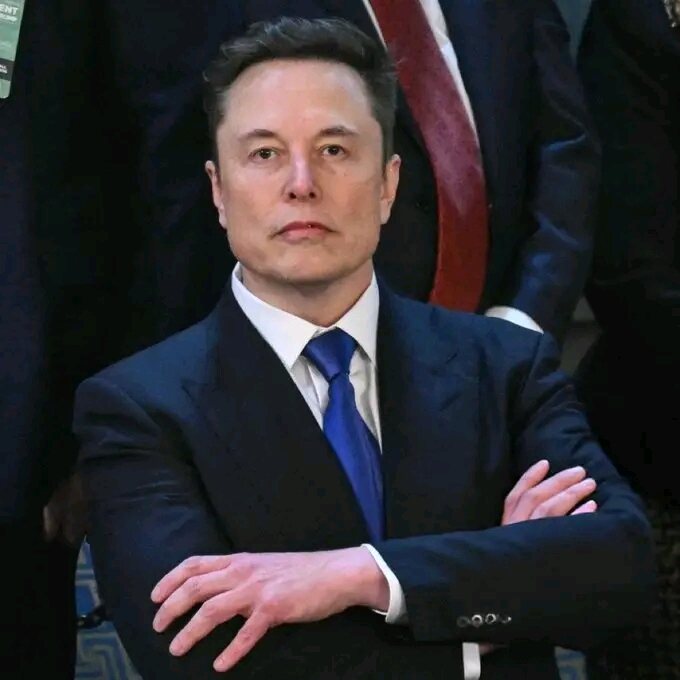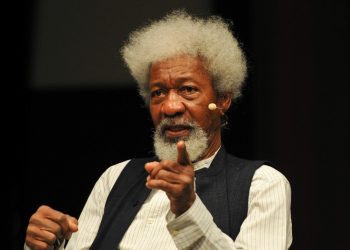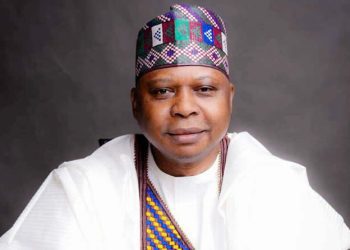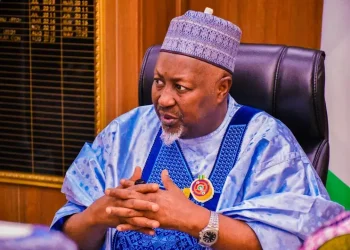In a stunning political move on the Fourth of July, billionaire entrepreneur Elon Musk announced the launch of a new political party, which he has officially named “The America Party.”
The declaration, made via his social media platform X (formerly Twitter), marks the most direct foray of Elon Musk into American politics, yet. He framed the initiative as a response to what he described as the growing failures of the current two-party system in the United States.
Elon Musk had first teased the idea through a Twitter poll on July 4, asking his massive online following if they wanted a new political party to offer an alternative to the Democratic and Republican establishments.
The poll garnered hundreds of thousands of votes, with approximately two-thirds of respondents answering in the affirmative. True to form, Musk moved swiftly, announcing on July 5 that “the America Party is formed to give you back your freedom.”
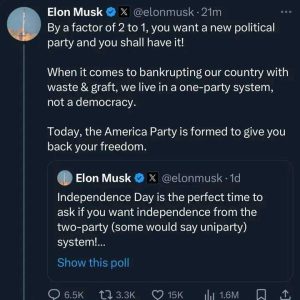
Musk’s new political venture appears to be rooted in his growing disillusionment with both sides of the American political aisle. He has repeatedly criticized Democrats for what he sees as ideological overreach on issues like environmental regulation, censorship, and social policy.
More recently, however, he has turned his ire toward Republicans, particularly after many supported the controversial “Big Beautiful Bill,” a sweeping $4.5 trillion legislative package backed by Donald Trump. Elon Musk has decried the bill as fiscally reckless, warning it will add dangerous levels of debt while enriching political insiders.
Not content with just words, Musk has vowed to put his money behind his convictions. According to sources close to the matter, Musk is planning to fund primary challengers against Republican and Democratic incumbents who supported the bill.
Early reports indicate that he is targeting at least two Senate seats and over eight House districts where even minor shifts in voter sentiment could lead to major political upsets. Musk’s political action group, reportedly being organized under the America Party umbrella, is expected to begin identifying and supporting candidates in the coming weeks.
This is not the first time Elon Musk has been embroiled in political controversy. Over the past few years, he has repeatedly inserted himself into national debates on free speech, COVID-19 restrictions, immigration, energy policy, and military spending.
His ownership of X has further expanded his influence in the political discourse, often making him a lightning rod for both praise and criticism. Yet the formation of a political party signals an evolution from commentator to active political operator.
Predictably, the announcement has set off alarms in Washington. Donald Trump, whose own political base overlaps significantly with Musk’s following, reportedly sees the new party as a direct threat.
Speaking to conservative media outlets on July 5, Trump warned Elon Musk that creating a new party would only serve to divide the conservative movement, and even jokingly suggested Musk could face investigations or retaliatory economic measures. “You know what I can do,” Trump was quoted as saying. “He should tread carefully.”
The reaction from Democrats has been more muted, though some have privately expressed concerns that Musk’s influence could peel away disaffected younger voters and independents. Others speculate that Musk’s party may function less as a traditional third-party and more as a pressure group designed to discipline the GOP and disrupt the current political equilibrium.
Analysts are divided on the viability of Musk’s project. On the one hand, the U.S. political system is notoriously resistant to third-party efforts due to structural barriers like the Electoral College, primary access laws, and limited debate inclusion.
On the other hand, Elon Musk status as a celebrity, his enormous wealth, and media control give him advantages that no past third-party founder has ever enjoyed. Moreover, his ability to rapidly mobilize online support could allow him to upend local races and influence national agendas in unconventional ways.
While no formal candidates have yet been announced under the America Party banner, insiders say Musk is in talks with several high-profile figures from the tech, military, and business sectors who share his vision of “economic freedom, technological progress, and an end to political corruption.” Campaign strategy documents reportedly circulating among Musk’s team suggest the party may prioritize four key issues: fiscal responsibility, energy independence, free speech, and regulatory overhaul.
In the coming months, attention will turn to whether Elon Musk can translate his digital clout and billionaire backing into a sustainable political movement. For now, what is certain is that the structure of American politics has shifted. With Elon Musk at the helm of a new political vehicle, Washington’s status quo may be facing one of its most unpredictable challengers yet.
What’s Next for Elon Musk?
The America Party is expected to begin building its campaign infrastructure before the end of the summer. With key primaries for the 2026 midterms looming, the party’s ability to gain ballot access, recruit credible candidates, and define its policy platform will be critical.
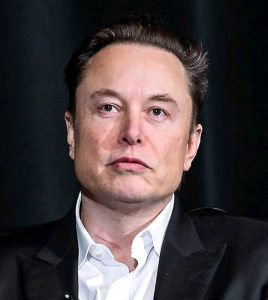
Analysts will also be watching to see if the party attracts high-profile endorsements or defections from within the two dominant parties. While the question of if Elon Musk intends to run for office himself remains unconfirmed, insiders have not ruled out the possibility.
As American politics enters a new chapter, all eyes will be on Elon Musk, once merely an industry disruptor, now possibly a political one as well.
